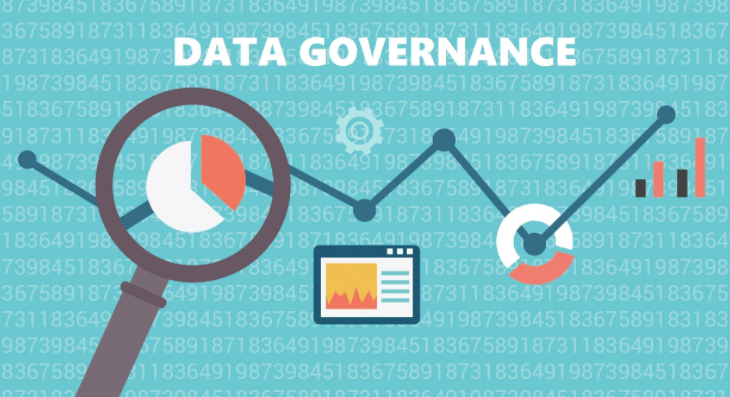With schools shut in India for almost two years, students use apps recommended by educators, teachers, and the government to access learning content. Young learners, especially those in elementary grades that do not have regular online classes, contribute to the exponential use of free online learning platforms. This is complemented by sections of society that cannot afford private tuition.
India’s shift to digitizing education comes with several challenges, specifically for marginalized communities who do not share the access, technical literacy, and resources that middle and higher-income communities do.

To effectively address the present situation, this blog will first dive into the scope and understanding of children’s data and the implications of data collection for children. While the responsible use of data could lead to solutions for problems related to digital education, there is also scope for misuse. According to the UNICEF’s Data Governance Manifesto, there are thousands of data points collected by the time a child turns 18. This has serious ethical implications for children’s digital data which includes, but is not limited to, potential abuse of personal data by governments for surveillance and tracking, private sector companies that use data generated from devices and use it to make business decisions such as targeted advertising. The stakeholders involved are collecting, processing, using, and selling children’s data based on proxy or uninformed consent of children and their parents.
The data of young learners has a direct impact on their interactions with the real world. A study conducted by Sitra revealed that one of the 16 year old test subject’s data was transmitted to 114 companies and 44 advertising firms; which included profile, location history, task lists and youtube searches amongst other highly disaggregated data. With the involvement of data brokers children’s personal information is available in the market, which is used to target ads and content on social media. As children emotionally develop, potentially harmful content could manipulate their emotions, actions and world view, not to mention how it severely limits their exposure to the socio-economic strata that their data points correspond with, keeping them looped in the same cycles.
As children legally cannot consent to sharing their data, the onus falls on the parent of the student to provide consent on their behalf. According to a report, 90% of the Indian population is not digitally literate. This raises the question of whether consent, if any, was informed. For instance, in a primary government school classroom with students aged 5-11 years, digital illiteracy was commonly reported among family members and students. According to a study conducted in Aligarh, only 14.28% of women owned smartphones, of which none of them knew how to download apps or about the existence of an app store itself. In such scenarios, uninformed consent leaves communities without agency over use of their own personal data.
As innovation and technology become more integrated into teaching processes at younger ages, they need to be met with adequate response by enabling learners with digital skills and technical knowledge to be in control of the information they share. This is where the government and regulatory authorities should step in and chart the course, ensuring that the needs of the largest possible demographic are addressed. The access and inclusivity of apps are not just significant in mitigating India’s digital divide, but also towards setting the tone for ethical data practices as the ed-tech industry grows. This can be done when regulation precedes technology and caters to public interest. In the next few blogs, I shall discuss various regulatory concerns surrounding children’s data protection and deepening the scope and understanding of whose ‘responsibility’ it is.
#datagovernance #digitaleductaion #technicalliteracy

Leave a Reply
You must be logged in to post a comment.